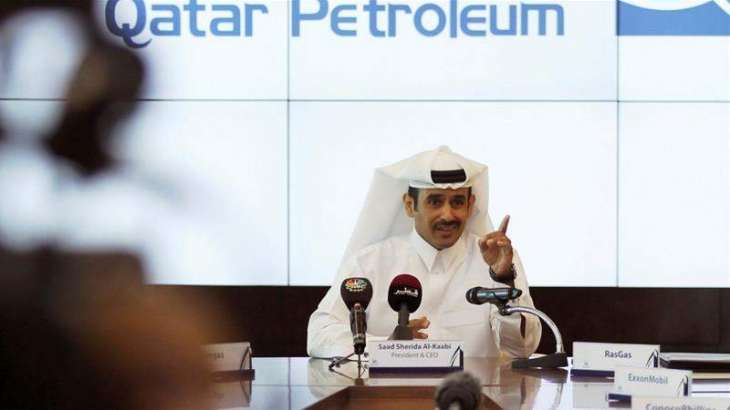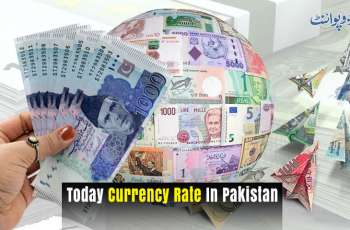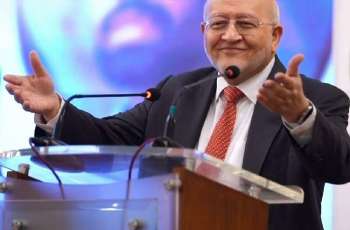Qatar announced on Monday its decision to pull out of the Organization of the Petroleum Exporting Countries (OPEC) on January 1, 2019 in order to concentrate on boosting its liquefied natural gas (LNG) production.
MOSCOW (Pakistan Point News / Sputnik - 03rd December, 2018) Qatar announced on Monday its decision to pull out of the Organization of the Petroleum Exporting Countries (OPEC) on January 1, 2019 in order to concentrate on boosting its liquefied natural gas (LNG) production."Qatar has decided to withdraw from OPEC as it wishes to focus on developing natural gas extraction and on bringing LNG production up to 110 million tonnes per year from the current 77 million tonnes per year," Qatari Energy Minister Saad Sherida Kaabi said at a press conference.
The decision was announced just a few days before the 175th ordinary OPEC meeting in Vienna, set to take place on Thursday. The Austrian capital will also host meetings of the OPEC and non-OPEC Joint Ministerial Monitoring Committee and of all signatories of the oil output cut deal.
Qatar, which is the world's largest LNG producer, joined the oil cartel in 1961. A total of 11 plants with a combined capacity of 77 million tonnes of gas per year operate in the country. In October, Qatar's oil output amounted to 609,000 barrels per day, ranking the country 11th among other OPEC producers.
According to the energy minister, Qatar's decision was not politically motivated or caused by a disagreement with other OPEC countries.
"This is a technical decision, motivated by our desire to strengthen the country's position as a reliable global energy supplier and also by Qatari oil production levels," Kaabi said.
The minister added that despite the planned withdrawal, the country would continue to fulfill its international commitments like all other cartel members.
According to Vasily Tanurkov, an expert at the Russian Analytical Credit Rating Agency (ACRA), Qatar's announced withdrawal from the cartel will not have a negative impact on the oil prices because the organization itself is not going anywhere yet. The expert believed that leaving the oil bloc would benefit the country, especially in light of the announcement of Russia's and Saudi Arabia's agreement to extend the OPEC-non-OPEC oil production cut deal.
"For Qatar, the withdrawal from OPEC, when a new [oil production cut] agreement has already been announced, is beneficial � the country is a very insignificant oil producer with 600,000 barrels per day, and its exit from OPEC cannot have any significant effect on the [oil] prices," Tanurkov said.
Phil Drury, the head of the Europe, middle East and Africa (EMEA) Capital Markets Origination (CMO) at Citibank, also did not believe that Qatar's decision would impact the oil and financial markets, whose actors are currently more interested in the oil production cut agreements between Moscow and Riyadh.
As of 14:26 GMT, the price for Brent Crude rose 4.1 percent up to $61.90.
At a press conference following the G20 summit in Buenos Aires on Saturday, Russian President Vladimir Putin announced that Russia and Saudi Arabia had agreed to prolong the OPEC-non-OPEC oil production cut deal, albeit without specifying a decision on the oil volumes. The Russian leader also noted that the two sides agreed to monitor the situation in the oil market and respond promptly to any changes.
The market has recently seen rising fears of oversupply of raw materials in 2019. Lower oil and, subsequently, gasoline prices are beneficial for end users and for industries, but entail negative consequences for oil producers.
Oil prices collapsed at the end of November by more than 6 percent, but later recovered amid fears that Saudi Arabia might to back on its promise to reduce its oil output. US President Donald Trump wants oil producers, including Saudi Arabia, to lower world crude prices.




